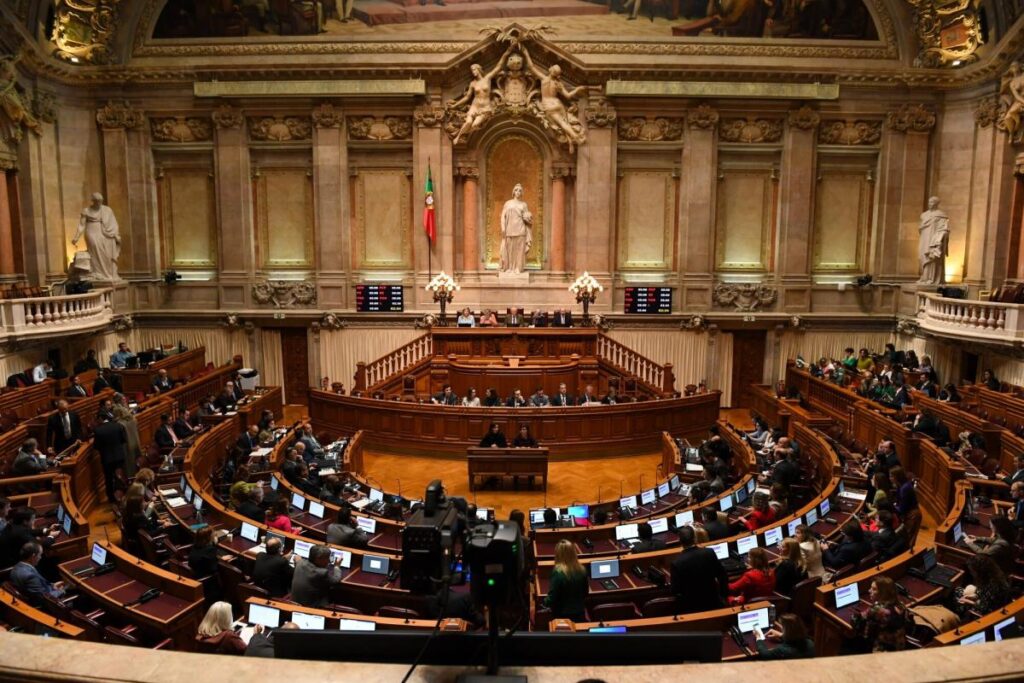(Bloomberg) — Portugal’s biggest opposition party said it plans to let the 2025 budget proposal pass in parliament, a key step for the survival of the country’s minority government.
Most Read from Bloomberg
“It’s been only seven months since the last election,” Socialist leader Pedro Nuno Santos said on Thursday night in Lisbon. “A possible rejection of the budget could lead the country to the third elections in less than three years, with no prospect for a result with a stable majority.”
The decision to let the budget pass applies for both the initial vote on Oct. 31 and the final vote later in November, the opposition leader said.
The budget is a major test for Prime Minister Luis Montenegro’s minority administration, which took office in April after his center-right AD coalition’s narrow election win over the Socialists. The premier needs to find backing from other parties to get approval for budgets and other measures, and has had to compromise on key policies such as tax cuts to pass legislation.
Montenegro earlier on Thursday repeated a call for political stability in Portugal, saying that some of the country’s trading partners such as Germany are facing “economic difficulties.” Last week he said negotiations with the Socialists about the budget had ended and that he was fully convinced the plan would pass in parliament.
The Socialist Party has just two fewer seats in parliament than the AD and will let the budget pass by abstaining.
Chega — a far-right party that’s the third-biggest force in parliament — has already said it will vote against the budget. It has enough lawmakers to let the budget pass if it voted in favor.
Prime Minister Montenegro had said governing next year using the 2024 budget “is not a solution.” Both the prime minister and the Socialist leader had also said they didn’t want early elections. Portugal has held two snap elections in three years, in January 2022 and March of this year.
Minority governments in Portugal have tended to be short-lived. In 50 years of democracy, only two have survived a full four-year term.
The government aims to post a budget surplus of 0.3% of gross domestic product in 2025 as economic growth accelerates, helped by investment. The budget includes a plan to cut the corporate tax rate by 1 percentage point to 20% next year, which the Socialists have opposed. It also includes changes to a tax break for young people that were negotiated with the Socialists.
Most Read from Bloomberg Businessweek
©2024 Bloomberg L.P.
Read the full article here
